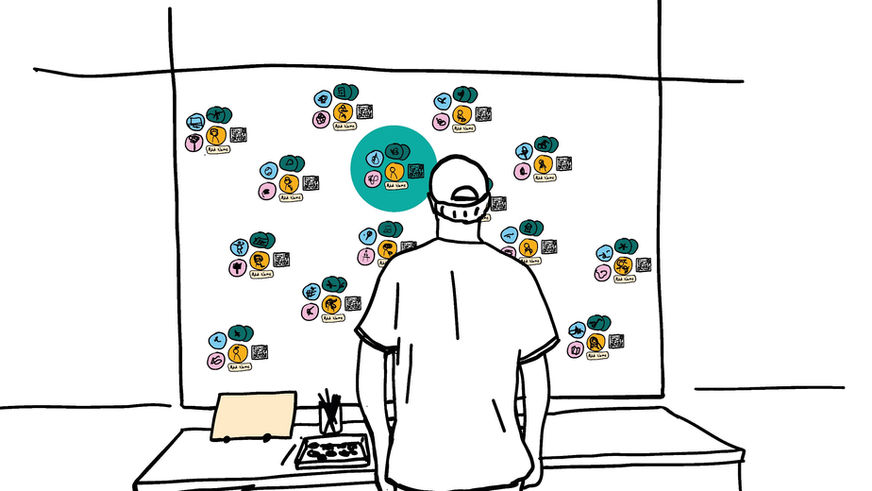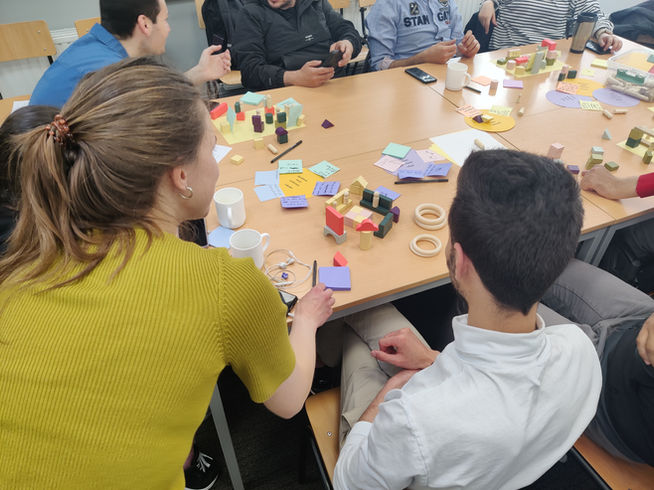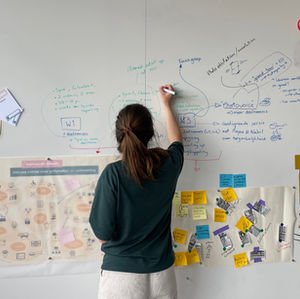projects
Graduation project: A Place Worth Living In
A place worth living in - Graduation Project
Every day, all over the world, people make the most difficult decision of their lives: they decide to leave their homes and loved ones due to oppression, persecution or hopes for a better life. Upon arriving in the Netherlands asylum seekers spend months and years in reception centres (azielzoekerscentra, AZCs).
With this project “A place worth living in”, I explore how residents of the AZC in Oisterwijk can be meaningfully involved in the redevelopments of the centre. The AZC in Oisterwijk is one of the oldest AZCs in the Netherlands. In 2022, the municipality and the central agency for the reception of asylum seekers (COA) signed an agreement to continue the centre’s operation for at least another 25 years. This allows the opportunity to invest in real estate and socially added value for the local community.
My research is part of an ongoing assignment by COA carried out by social design studio, morgenmakers. Combining my background of anthropology and design, I applied methods from both fields to understand to complex context and to imagine with the residents what the future of the centre could be like. The work was conducted bottom up, grounded in empirical research and building on principles from design justice and feminist design, emphasizing equality throughout the design research process. As part of the research, I designed several interventions and three co-creation workshops. Based on the outcomes of the interventions and ethnographic fieldwork, I propose a concrete design proposal called: "skill families" for the new common space at the centre allowing for new activities and encounters.

Skill families
People in asylum reception centres must wait months, sometimes years, for a decision on their status. During that waiting period, they are not allowed to work. That brings boredom, loss of self-esteem, and a sense of stagnation. The concept of the interactive installation “skill families” responds to this. Residents can share their skills and talents in the installation with other residents and visitors.
In the redevelopment plans of the AZC Oisterijk, a location has been designated as a meeting space for residents and neighbours. I designed "Skills families" for this space. The interactive installation was developed together with the residents of the AZC and will continue to be developed in collaboration.
The concept can also be used at other asylum reception centres.In my graduation research, collaborating with morgenmakers, I combined my anthropological and design backgrounds. Bringing experiences and methods from both fields allowed me to develop a deep understanding of the needs and experiences, which informed the design of the 'skill families' installation.


Design Interventions & Workshops















.png)




















